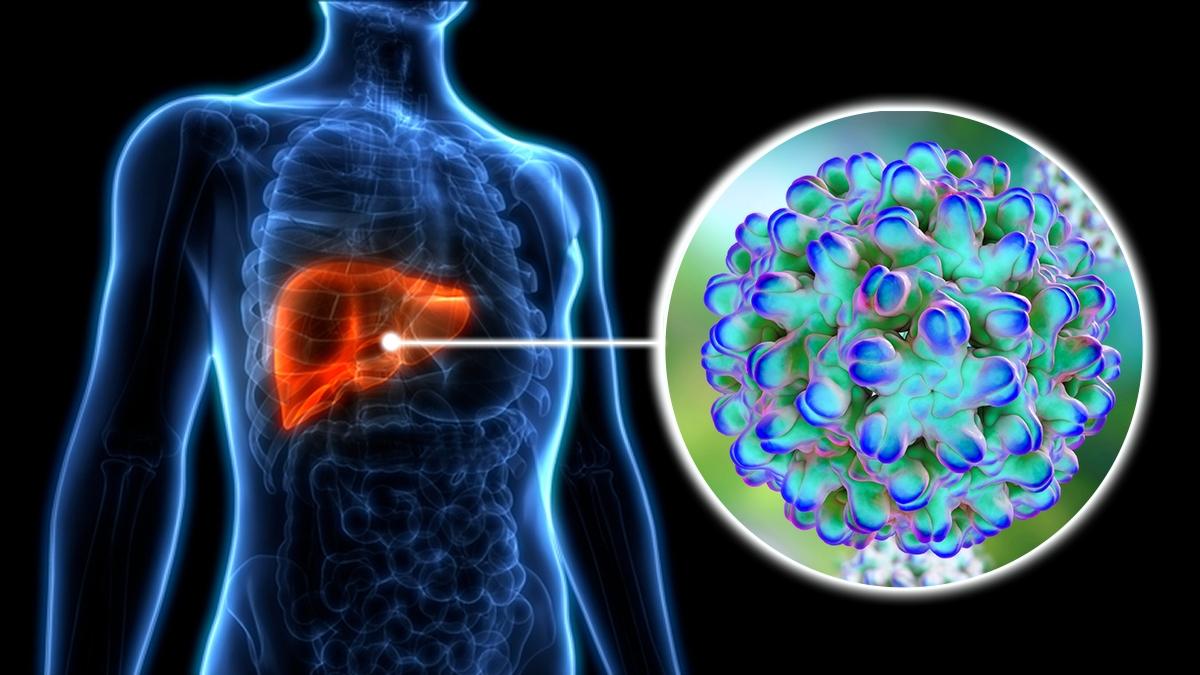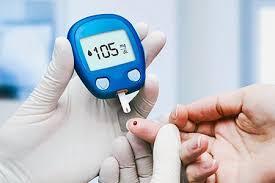
Taking just 7,000 steps a day may be enough to improve brain health and reduce the risk of major diseases.
A new study published in The Lancet Public Health reveals that walking 7,000 steps daily can significantly cut the risk of conditions like heart disease, cancer, dementia, and depression. The researchers suggest that this step count may be a more achievable and realistic health goal for many people compared to the widely promoted 10,000-step target.
Dr Melody Ding, the study’s lead author, explained that the 10,000-step benchmark, often seen as the daily goal on fitness apps and trackers, isn't actually based on scientific evidence. Instead, it originated from a 1960s Japanese marketing campaign for a pedometer named “manpo-kei,” meaning “10,000-step meter.” Since then, the number became widely accepted despite lacking solid medical backing.
The global analysis reviewed data from more than 160,000 adults and compared health outcomes for individuals taking various daily step counts. It found that walking 7,000 steps a day reduced the risk of:
Cardiovascular disease by 25%
Dementia by 38%
Depression by 22%
Cancer by 6%
The researchers noted that while these figures are promising, some come from fewer studies and may not be as precise. Still, even a modest increase in steps—from 2,000 to around 4,000 daily—was linked to better health outcomes.
For most health conditions, the benefits of walking tend to plateau beyond 7,000 steps. However, continuing beyond that level may offer extra heart health advantages.
Although current guidelines from the World Health Organization focus on time-based goals—such as 150 minutes of moderate or 75 minutes of vigorous exercise weekly—experts say step counts are easier for many people to understand and track. Dr Ding believes step-based recommendations could be added to encourage people to spread activity throughout their day.
Dr Daniel Bailey from Brunel University says the study helps debunk the "10,000-step myth," and recommends that aiming for 5,000 to 7,000 steps may be more achievable for most people. Dr Andrew Scott from the University of Portsmouth agrees that exact numbers are less important than simply moving more.
Ultimately, the message is clear: even a modest increase in daily steps can bring meaningful health benefits.
Health

Nigerian Nurses Suspend Strike After Talks With Government
The nationwide warning strike by Nigerian nurses and midwives has been suspended following a closed-door meeting with government officials.

Mpox Outbreak: 314 Cases and 5 Deaths Reported in 22 Counties
The Ministry of Health has confirmed 314 Mpox cases and five related deaths across 22 counties in Kenya so far.

WHO Labels Hepatitis D a Cancer Risk, Urges Global Action
The World Health Organization (WHO) has classified Hepatitis D as a cancer-causing virus, warning that it significantly increases the risk of liver cancer in people already infected with Hepatitis B.

Dei BioPharma Earns U.S. Patents for Game-Changing Therapies
In a major step forward for global healthcare, Uganda’s Dei BioPharma has secured two U.S. patents for breakthrough therapies aimed at making cancer and immune treatments more affordable and accessible.

New Type 1 Diabetes Subtype Found in African Children, Study Says
A groundbreaking international study has identified a previously unknown form of type 1 diabetes in young people across sub-Saharan Africa, prompting concern over widespread misdiagnosis and inappropriate treatment.

Cholera Outbreak in Niger Kills 12, Over 230 Hospitalised
At least 12 people have died and more than 230 others have been hospitalised following a cholera outbreak in Niger State, Nigeria.

Rich's Ice Cream Recalls Bars in 23 States Over Listeria Risk
Rich's Ice Cream is recalling over 110,000 cases of its frozen dessert bars in 23 U.S. states due to concerns about potential listeria contamination, which can lead to serious illness if consumed.

Health Ministry Suspends Nursing Council CEO Over Internship Scandal
The Ministry of Health has suspended Nursing Council of Kenya (NCK) CEO Dr.

Health Ministry Suspends Nursing Council CEO Over Internship Scandal
The Ministry of Health has suspended the CEO of the Nursing Council of Kenya (NCK), Dr.

Over 67,000 Power Stick Deodorants Recalled Over Defects
More than 67,000 cases of Power Stick roll-on deodorants have been recalled due to manufacturing defects, according to a notice posted by the U.S.

UN Report Reveals Barriers Preventing Families From Having Children
A new UN survey has revealed that many people across the world are unable to have the families they desire due to economic hardship, limited autonomy, and social inequalities, rather than population growth or declining birth rates.

Private Equity Eyes Healthcare, Dental and Vet Sectors in CEE
Private equity interest in Central and Eastern Europe (CEE) remains strong, especially in healthcare, with growing attention now turning to dental and veterinary services as investors expand into adjacent markets.

South-West Doctors Threaten Strike Over New FG Allowance Policy
Doctors from five South-West states in Nigeria have threatened to go on strike if the Federal Government does not withdraw a recent policy introducing what they describe as unfavourable allowances.
